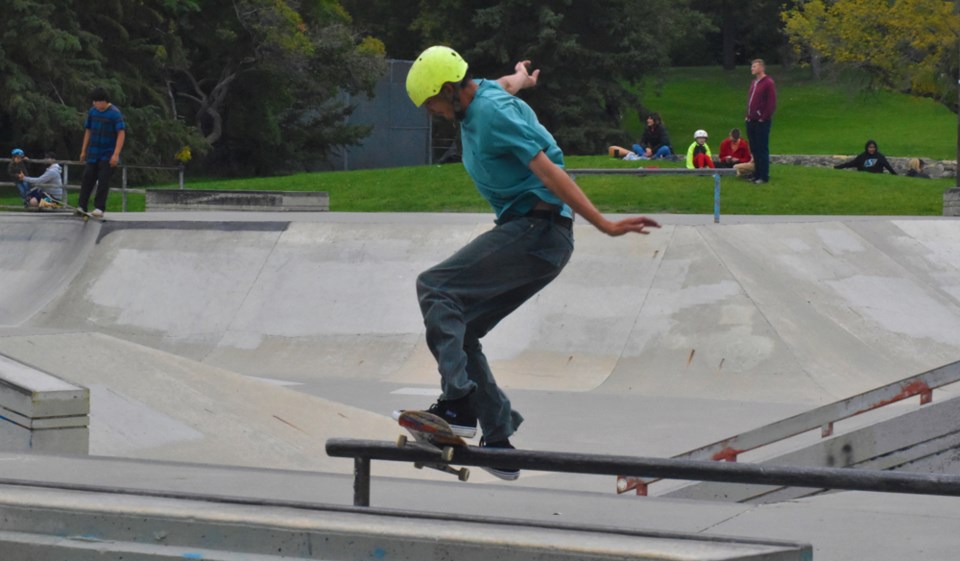SASKATOON — Right To Skate Saskatoon Directing Manager Sarah Kelly is thankful that this year’s Tokyo Olympics in Japan helped boost skateboarding and elevate it to more than an X-Games (Extreme Games) sporting event. Skateboarding was once confined to the annual Summer X-Games, which has seven events.
Skateboarding made its debut in the COVID-delayed Olympic Games with Japan topping the medal board with three golds, a silver, and a bronze. Seven of the 12 medallists were also teenagers led by then 13-year-old Japanese Momiji Nishiya’s gold medal win in the women’s street event.
American Tony Hawk’s legacy in skateboarding, once seen as an underground sport, has also made significant contribution, and made it popular in the X Games. He has won numerous tournaments including 16 gold medals in the X Games.
Kelly is now hoping that it will translate into more youngsters taking up skateboarding, especially now it has become part of the Olympic program, and that someday seeing someone from Saskatoon may represent Canada in the quadrennial Games.
“We would love to see someone from Saskatoon qualify and compete in the Olympics. That would be fun. Now that skateboarding is in the Olympics, maybe there will be more interest in skateboarding,” Kelly told SASKTODAY.ca in a recent interview.
“It was really interesting when they announced that skateboarding was going to be in the Olympics. People had sort of different opinions; if skateboarding is more like dancing or figure skating, or something different.”
In her opinion, judging the competition is a bit difficult.
“It's very creative and everybody sort of has a different style and different approach. Some people think it's more of like an art than a sport or something like that, but I think generally being in the Olympics has done a lot to promote skateboarding. It has given it a positive image.”
Kelly said Right To Skate had been offering lessons for beginners, either for free or privately. Last month, the group partnered with the City of Saskatoon for the Fall Freestyle event at the Lions Skate Park in Victoria Park at Spadina Crescent. “We’re definitely open to do more performance lessons.”
Right To Skate is part of the Saskatoon Skateboard Foundation, where they used to operate the Saskatoon Indoor Skate Park. It’s generally the same group of people and we have a board of directors. Different names, but generally the same people. We used to have meetings every month when we were operating the [indoor] skatepark,” said Kelly.
“It was open for three years, 2016 to 2019. Right To Skate operated it. We had bands and other stuff. Unfortunately, we weren’t able to keep up with the operations. We ran out of money, basically. It’s hard to keep open an indoor skate park in general. The City used to have one, at least 15 years ago. We did ask [the City] for help several times, but they weren’t able to provide the funding for us. We’re hoping to try for a new one again.”
She added that, right now, they are focused in making skateboarding accessible to everyone. “Even though we aren't doing the indoor, we're trying to stay on our vision of making skateboarding accessible to underprivileged kids. What we're really focusing on right now is like getting the gear to kids that can't afford it. If anybody needs access to gear, they can apply on our website.
“There's something called student scholarships so we can provide your free lessons and stuff. We’re a non-profit and our funding comes from people thru donations. We also raise a lot of money from doing the lessons in summer. We hold public summer camps that parents pay and we take the money from doing those lessons into non-profit work.”

